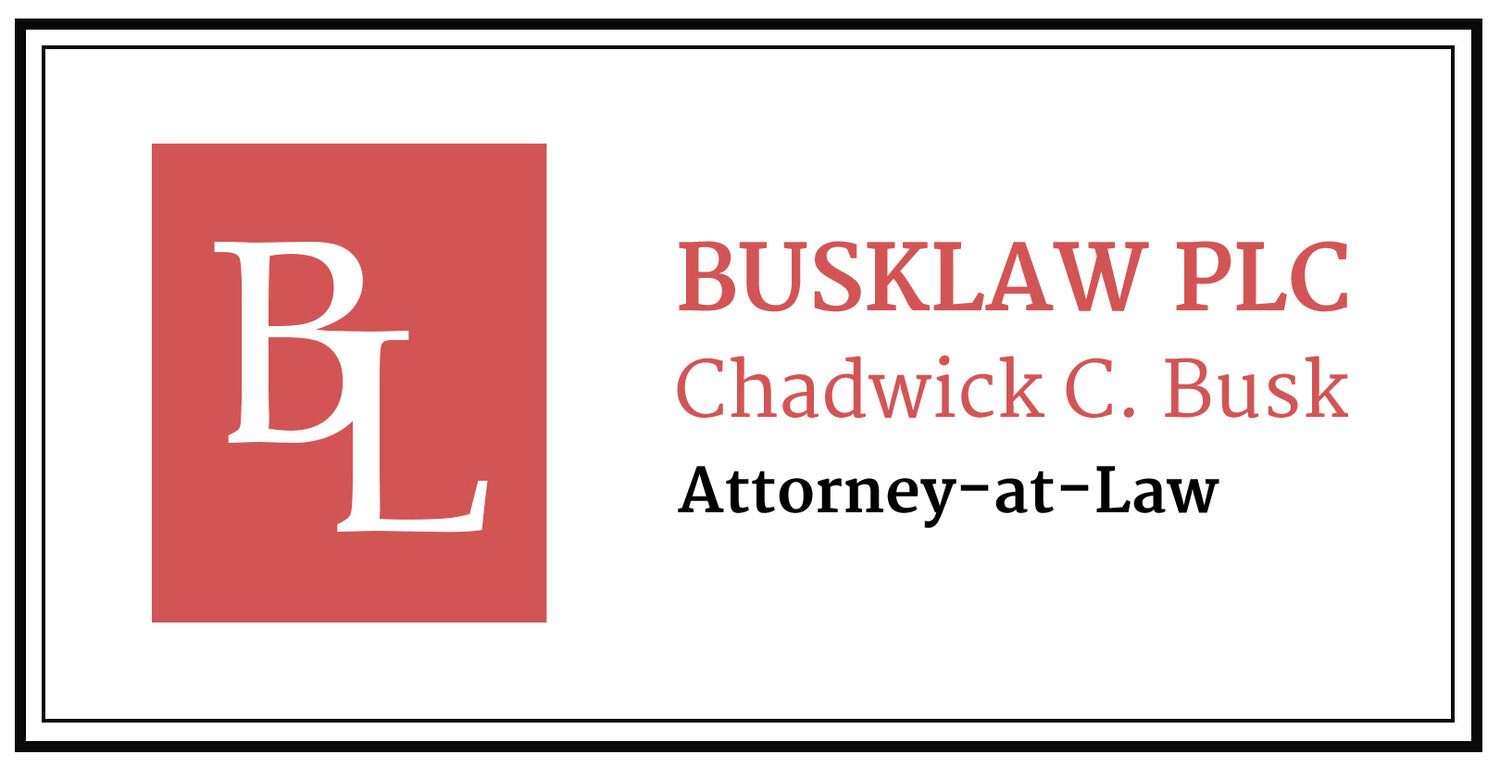Cobwebs are subtle signs of neglect. Although supposedly spider-generated, I swear that they appear out of thin air. They sneak into attics, ceiling corners, under sinks, and in the guts of your personal computer. But they can also lurk in your contracts, figuratively speaking. August is the perfect time to pause your hectic pace (perhaps while your tireless first assistant is enjoying a rare vacation), open your contracts file cabinet, and clean out the cobwebs in your contracts.
Before we discuss the cobwebs to search for and destroy, you may respond, "but I don't have a contracts file cabinet - all my contracts are stored digitally on my computer." Wrong approach! It makes good sense to print out your contracts and put them in a physical (dustproof) file folder that is then stored in a physical (fireproof and locked) file cabinet. Does this sound old-fashioned? Consider the established fact that reading text on paper has several advantages to reading text on a screen, as this Scientific American article describes. So fire up your printer and print out your contracts "before you dot another 'i' Bob Cratchit!"
So we'll assume that you now have your paper contracts in front of you. Let's begin the cobweb-cleaning work. Here's what to look for:
- Are your contracts legible, i.e., can you actually read the print on all of the pages? When I practiced in U.S. Bankruptcy Court (a long time ago), Judge Nims wouldn't even consider admitting a document into evidence unless it was totally legible. So if you discover unreadable pages in your contracts, you need to fix that, even if it means asking the other party for a clearly readable copy of the contract.
- Are your contracts signed and dated? I once had a client who (before they hired me) avoided signing any of their contracts (after the other party signed first and would hopefully forget to ask for a fully-signed copy) on the assumption that if the relationship didn't work out, you could escape liability because you never signed the contract! Nice try, but it doesn't work that way. If the parties acted according to the contract, a judge or jury may find that the contract is enforceable, even if it wasn't fully signed. (And no, "executed" isn't the synonym of "signed.")
- Are your contracts still in effect? Do you track the expiration (and any renewal) terms of your contracts? The more contracts that you have, the more likely it is that you are operating under an expired contract. This can cause problems for everyone involved. If you want the relationship to continue, you best prepare an amendment retroactively extending the termination date. But don't be surprised if the other party demands something in return. After all, contracts are a two-way street!
- Are you (and the other party) in compliance with the contract's insurance provisions? If your contracts contain insurance provisions (whether applicable to one or both parties) are you in compliance? What about the other party? Unless you have a close relationship with your risk manager, you may not know if your company still has the required insurance coverages in effect, or if the same is true for the other party. And if the parties are required to exchange insurance certificates reflecting the required insurance, do you have a current insurance certificate from the other party? And if the contract requires the other party to name you as an additional insured, does your insurance certificate from the other party reflect that? If not (e.g., the certificate simply names you as a "certificate holder"), you have unexpected liability exposure to third-party claims.
- (For IT folks) Do you have contracts for cloud services? If so, whether you are the customer or vendor, the data security provisions deserve close scrutiny. Data security standards and audit rights are essential parts of any cloud services agreement together with appropriate insurance, indemnity, and limitation of liability provisions. (If you have any questions about those, please remember this recent post.)
- Do your contracts contain confusing, ambiguous, and turgid legal jargon? My readers know the mantra: lawyers who draft contracts containing legal jargon are doing a great disservice to their clients. It's axiomatic that legal jargon leads to disputes, disputes lead to litigation, and litigation outcomes at best are a Pyrrhic victory. So if your lawyer doesn't use plain language principles advocated by such respected legal scholars as Ken Adams, Bryan Garner, and Joe Kimble, find a lawyer who does and have them cleanse that poppycock from your contracts. (If you need help with that, drop me a line.)
If you find this post worthwhile, please consider sharing it with your colleagues. The link to this blog is www.busklaw.blogspot.com and my website is www.busklaw.com. And my email address is busklaw@charter.net. Thanks!











